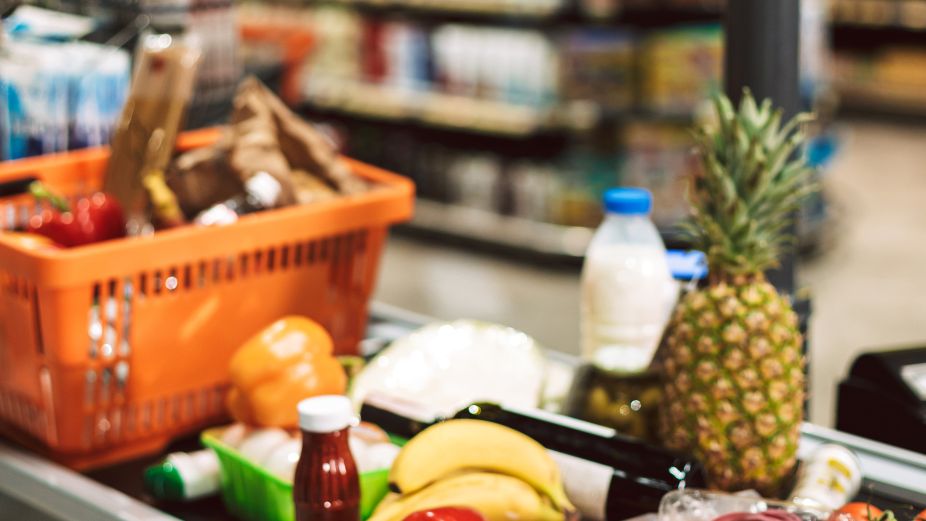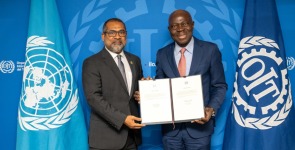
The government is preparing to launch a new Essential Commodity Price Index (ECPI) to track the prices of 162 key goods, as part of broader efforts to improve oversight of cost-of-living pressures. The ECPI is being developed by the National Bureau of Statistics and is expected to be made public within days.
Unlike the general Consumer Price Index (CPI), which captures inflation across all household expenditure categories, the ECPI will focus solely on essential goods. These include 111 commonly used household items, 39 varieties of fruits and vegetables, 10 categories of meat or fish, and two energy-related products. Of these, 35 items have been classified as critical, due to the absence of available substitutes or state subsidies.
The aim of the index is to support monthly monitoring and intervention in cases of significant price fluctuation. Daily price tracking is already underway at major retailers, and the ECPI is expected to provide a more structured approach to analysing and responding to changes in the market.
According to the most recent CPI report released by the Maldives Bureau of Statistics, the national year-on-year inflation rate stood at 3.76 percent in June 2025. Within this, food and non-alcoholic beverage prices increased by 4.64 percent over the year, while fruit prices alone rose by 3.20 percent in June. Meanwhile, certain staple goods such as tuna and smoked fish saw price declines during the same period.
However, data from the Maldives Monetary Authority suggests that food inflation may be significantly higher than reflected in the CPI. The central bank reported food inflation at 29.4 percent in June, following a peak of 29.6 percent earlier in the year. This divergence in figures highlights the need for a targeted tool like the ECPI to more accurately capture the inflationary pressures faced by households.
The government has attributed improved price stability in part to past interventions, including greater currency access for importers and increased use of rufiyaa-based transactions. Additionally, efforts are underway to reduce import costs through trade agreements with China, Turkey, and other partners.
The ECPI is expected to serve as a tool for both policy guidance and public transparency, offering clearer insight into how price changes are impacting essential goods across the country.












